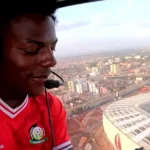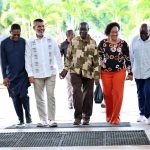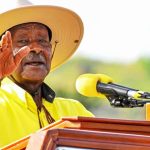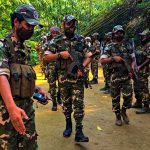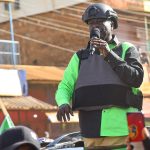Tanzania remains on edge for the second day as protests continue to spread across major cities following a disputed general election. Police in Dar es Salaam on Thursday fired gunshots and tear gas to disperse demonstrators who defied curfew orders and returned to the streets demanding free and fair elections.
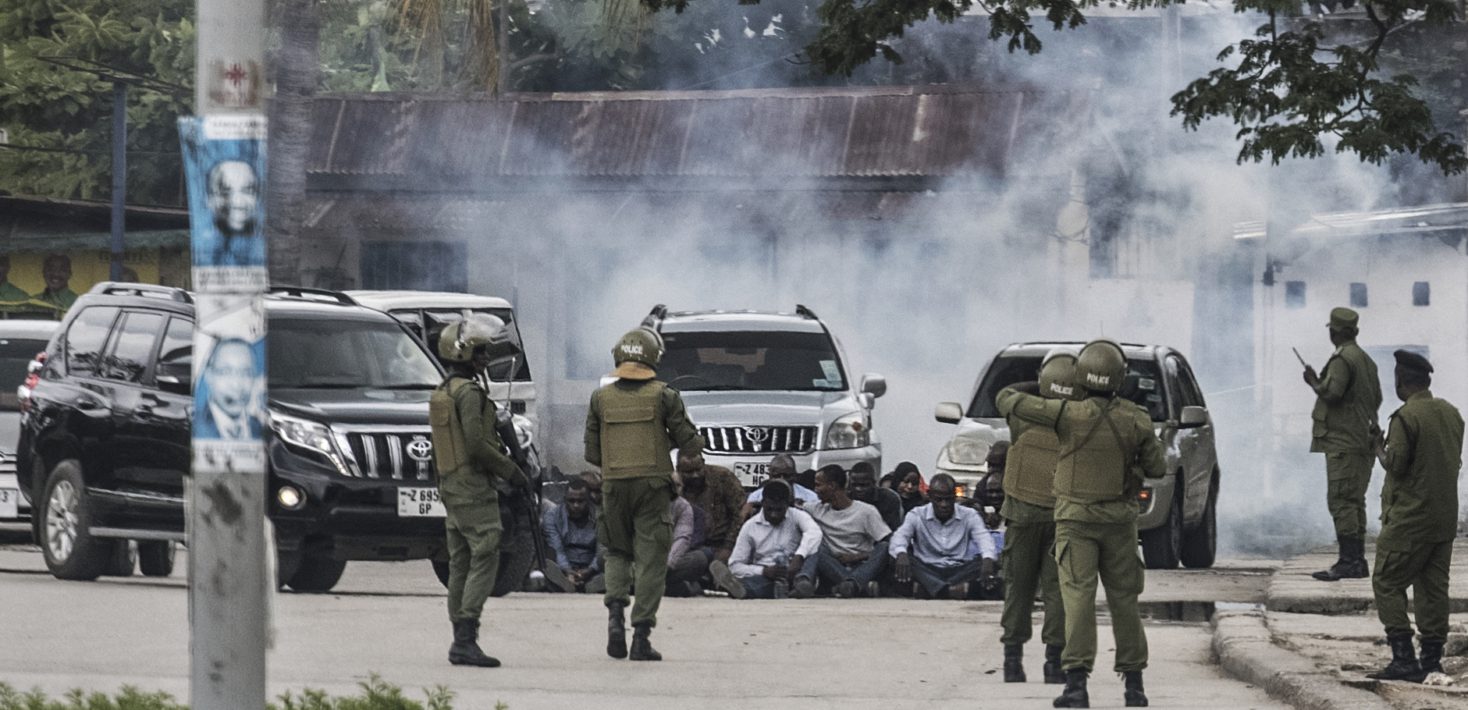
The unrest, which has also reached border towns like Namanga, was triggered by the exclusion of key opposition candidates and reports of intimidation and arrests during the polls. Protesters have blocked roads, burned campaign posters, and clashed with security officers, leading to several reported deaths, though authorities have not issued an official statement.
The European Parliament has condemned the elections, describing them as neither free nor fair and called for the immediate release of opposition leader Tundu Lissu, who faces treason charges. In a joint statement, European lawmakers said the vote took place in an atmosphere of repression, intimidation and fear, adding that the fraud did not begin at the ballot box it has been unfolding for months.
Human rights activists have also raised alarm over reports of an internet shutdown, curfews and what they describe as a deliberate media blackout, with most Tanzanian outlets avoiding coverage of the protests. Independent journalists and civil society groups say the silence undermines the public’s right to information.
At the Namanga border, demonstrators tore down posters of President Samia Suluhu Hassan while chanting pro-opposition slogans. The protests disrupted cross-border transport and trade, forcing temporary closure of the one-stop border facility.
Tanzanian activist Tito Magoti described the ongoing demonstrations as a turning point, saying citizens were rewriting political culture by standing up to state intimidation.
Tanganyika Law Society President Boniface Mwabukusi has meanwhile urged calm and dialogue, warning that the crisis stems from a failure to listen, fueled by pride.
President Samia Suluhu, who took power in 2021 promising political reforms, now faces one of her biggest tests as the country grapples with unrest, loss of life and international pressure over the conduct of the election.

